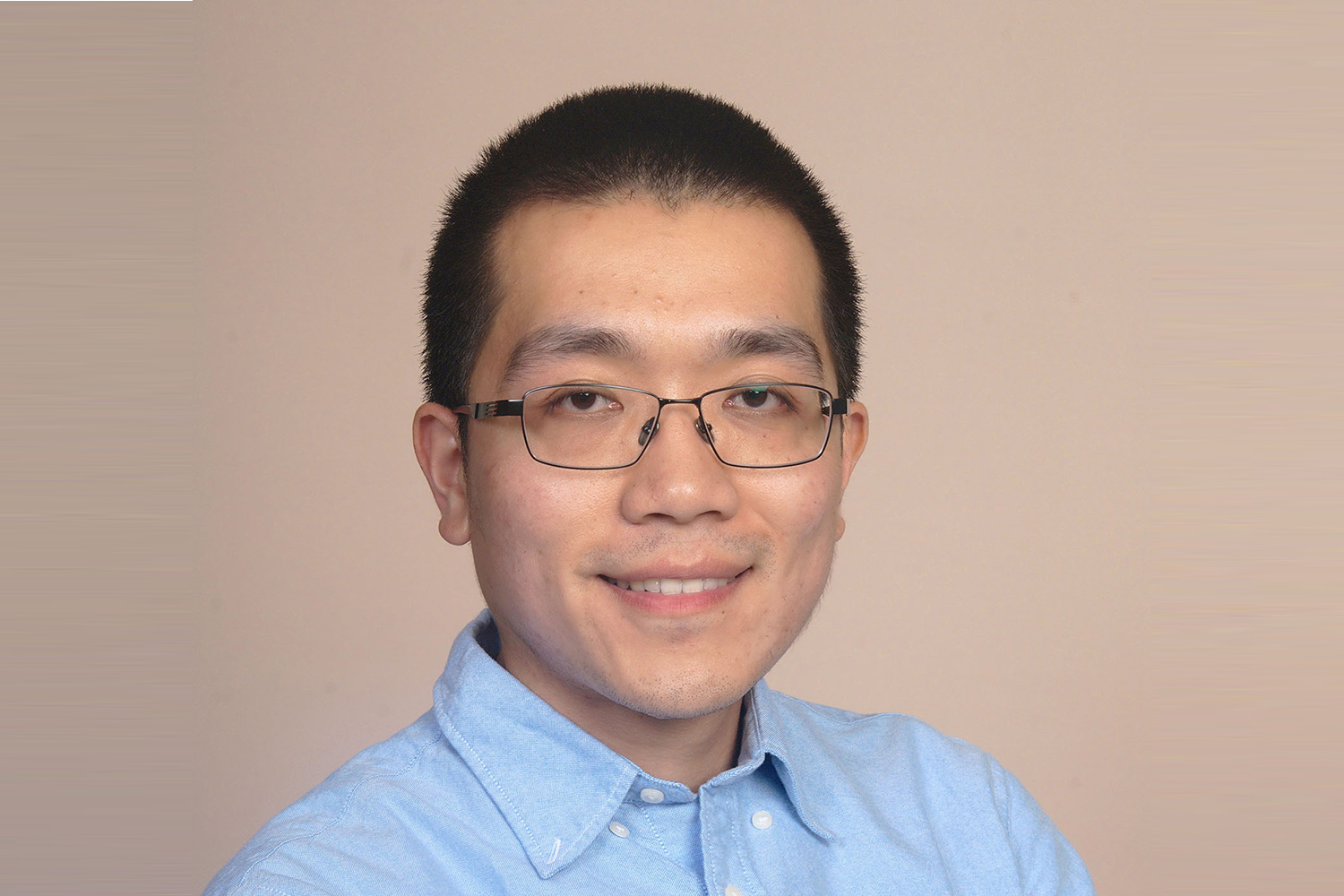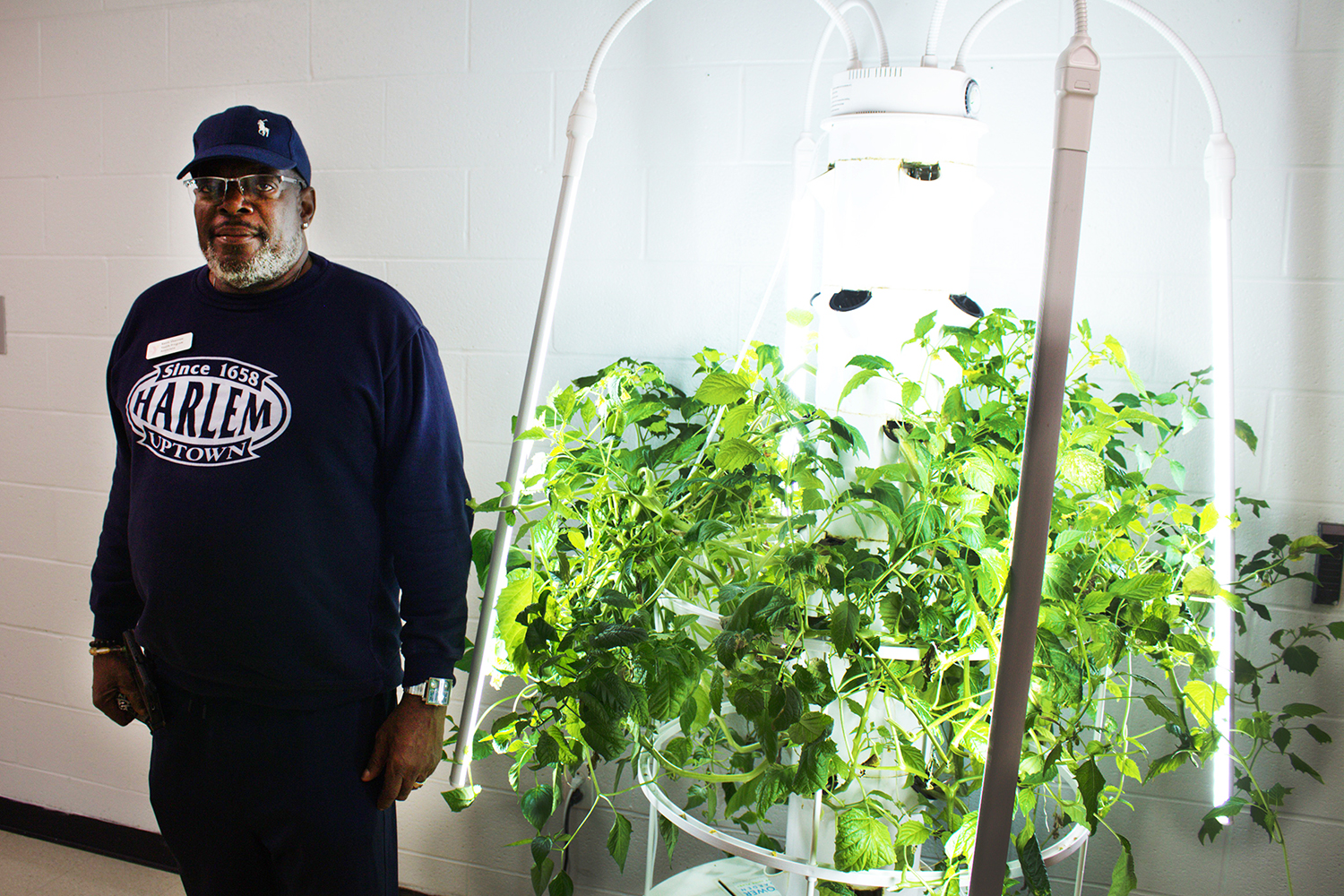As the pandemic ramped up in Connecticut in March 2020, Ran Xu, assistant professor in CAHNR’s Department of Allied Health Sciences, met with researchers from Harvard, MIT, Massachusetts General Hospital, the University of Copenhagen and Virginia Tech to study the impact of weather and air pollution on COVID-19 transmission.
The two-month collaborative study examined the daily reproduction number at 3,739 global locations and 1,072 global cities, allowing for the delay between infection and detection, and associated that data with local weather conditions and ambient air pollution that included temperature, ultraviolet exposure, air pressure, wind speed, precipitation, daily temperatures and sulfur dioxide and ozone levels.
There was some partial evidence early on that weather might influence COVID-19 transmission,” Xu says. “We wanted to compile a comprehensive dataset that was longitudinal in nature. Based on some past experience, there were suggestions that the virus would go away by itself during the warm weather. Our initial data suggested that this would not be the case.”
“Unfortunately, we turned out to be right and found that temperature and environmental conditions offered a modest reduction in transmission, but that even in the best-case scenario, weather itself will not contain the virus without human intervention,” Xu explains. “This means masks, social distancing and contact tracing, as well as other restrictions when necessary.”
The project concluded in May, with results disseminated in the science community. The study was also highlighted in the New York Times.
“The bottom line is, we all have to play a part in reducing the transmission of COVID-19,” Xu concludes.
As a statistician, Xu’s research focuses on applying data analytics and systems science to solve current health issues. He is involved in several collaborative studies, including one with the UConn Center for mHealth and Social Media aimed at improving weight loss intervention programs, and another with the Rudd Center for Food Policy and Obesity designed to create social policy that improves the nutritional quality of food provided through food banks and pantries.
“The Department of Allied Health Science is very interdisciplinary and collaborative, and we look at health from many perspectives,” Xu says. “Our faculty is supported and allowed the flexibility to develop research that best suits their expertise and interests.”



